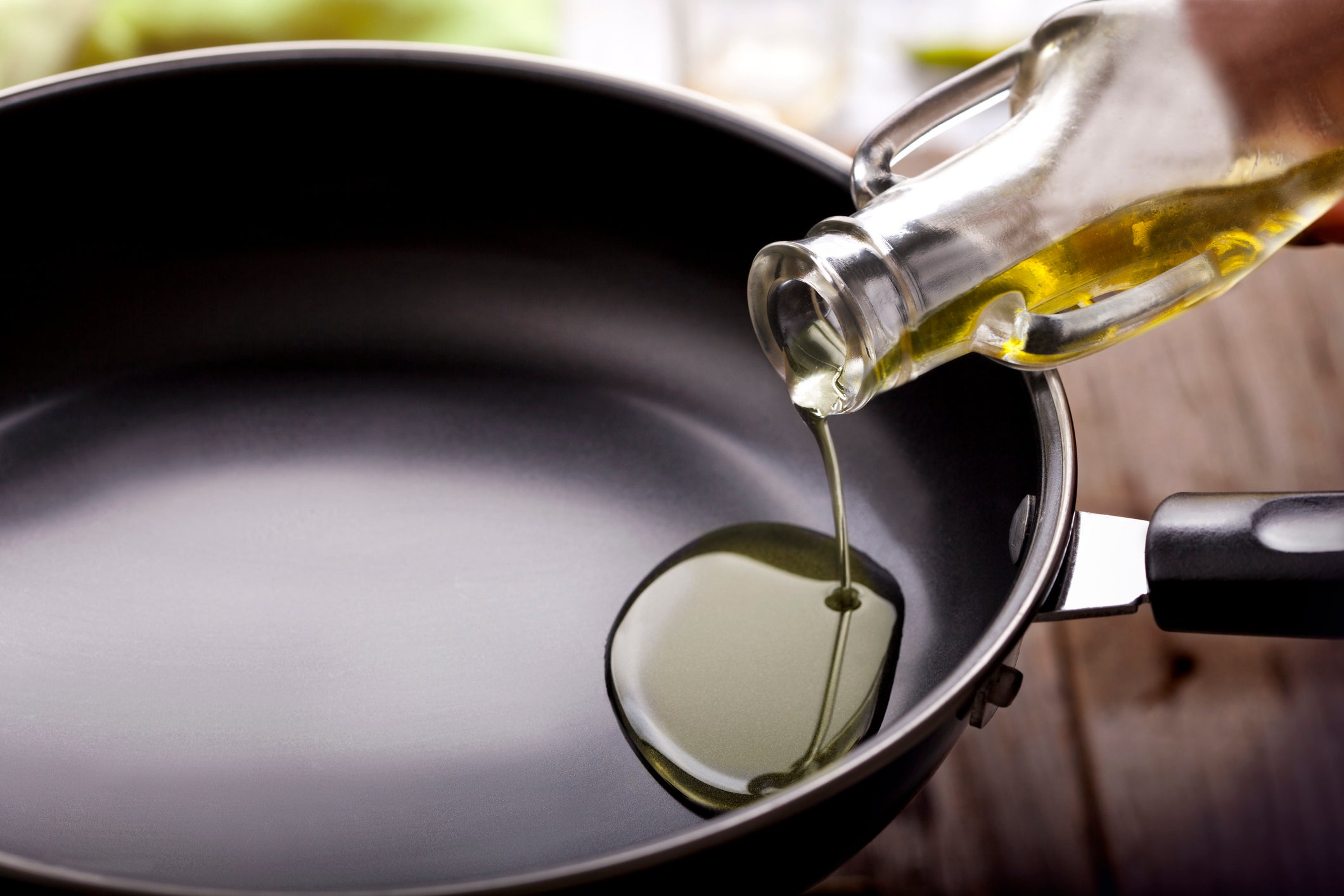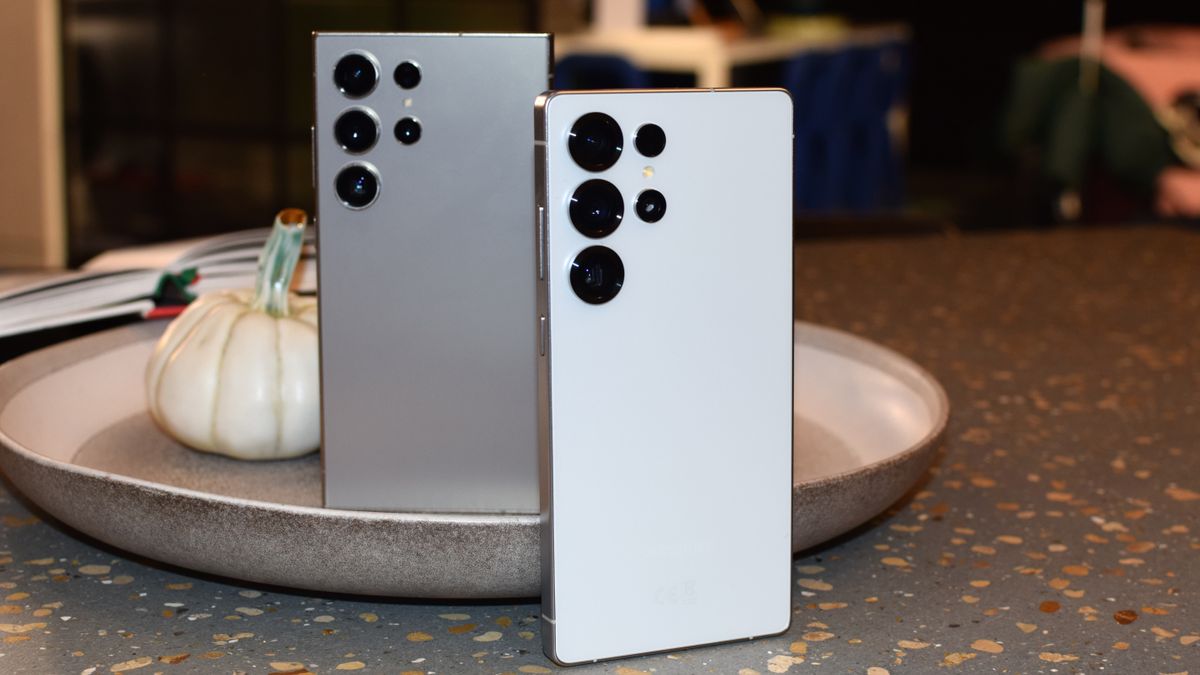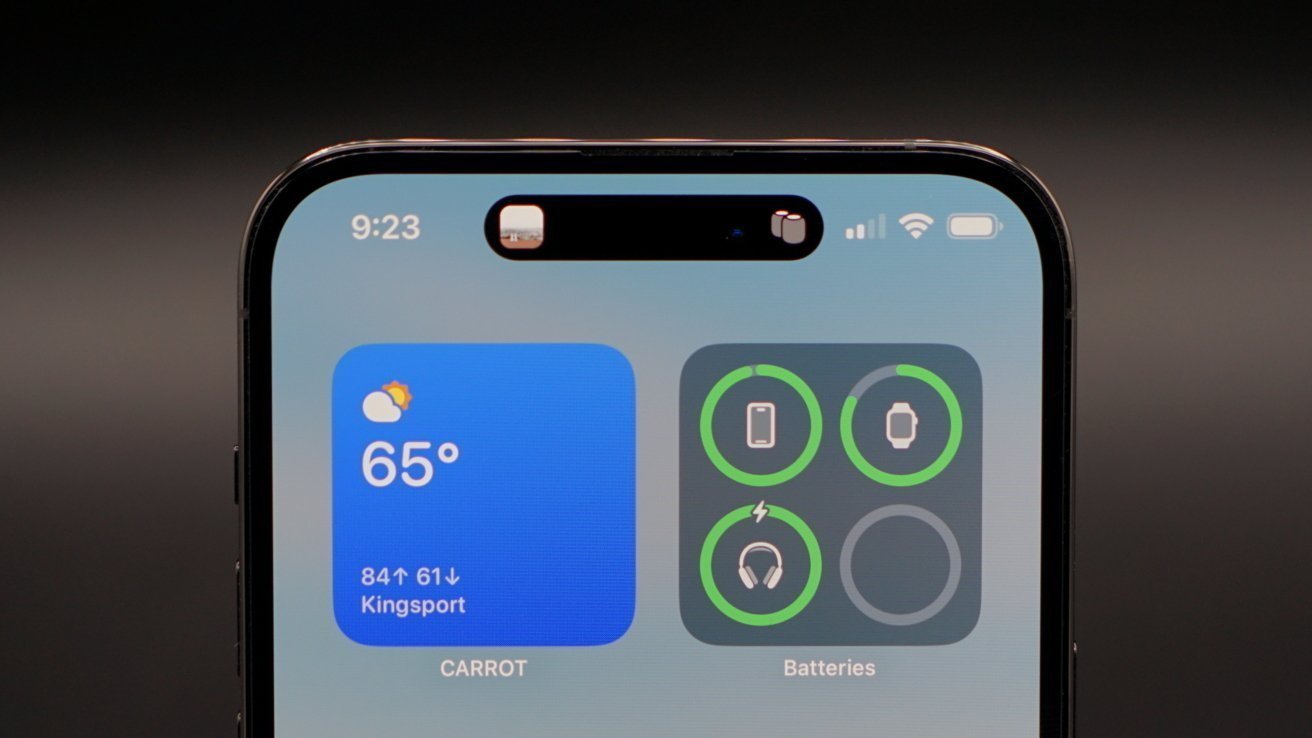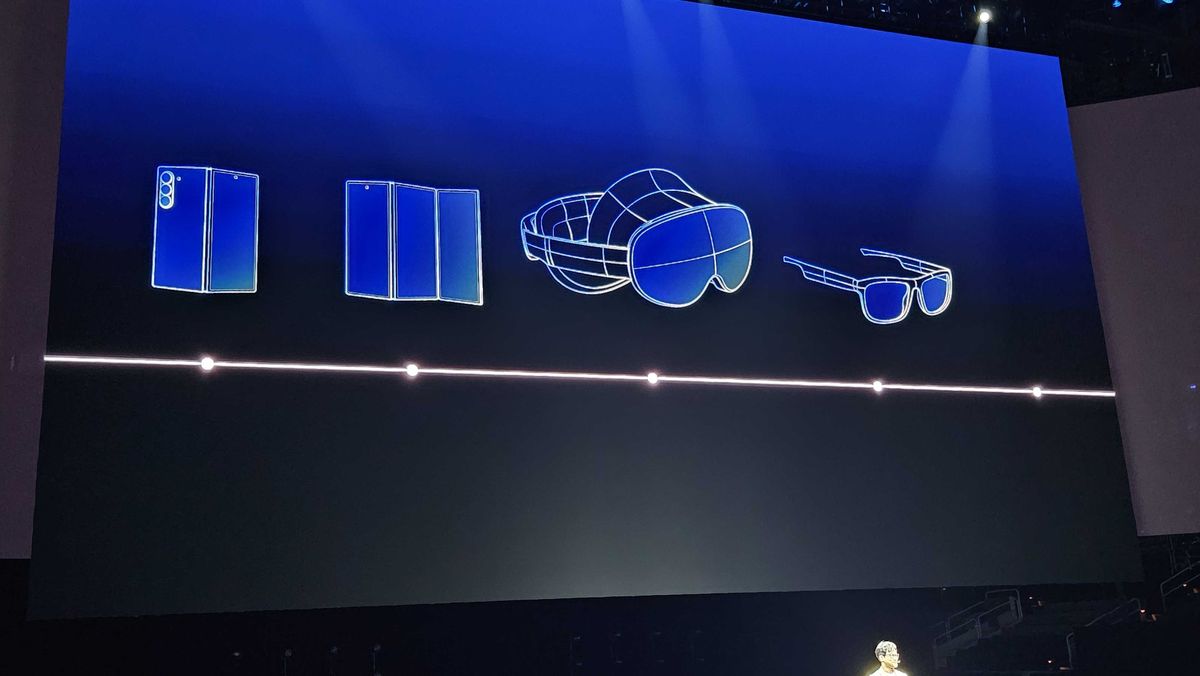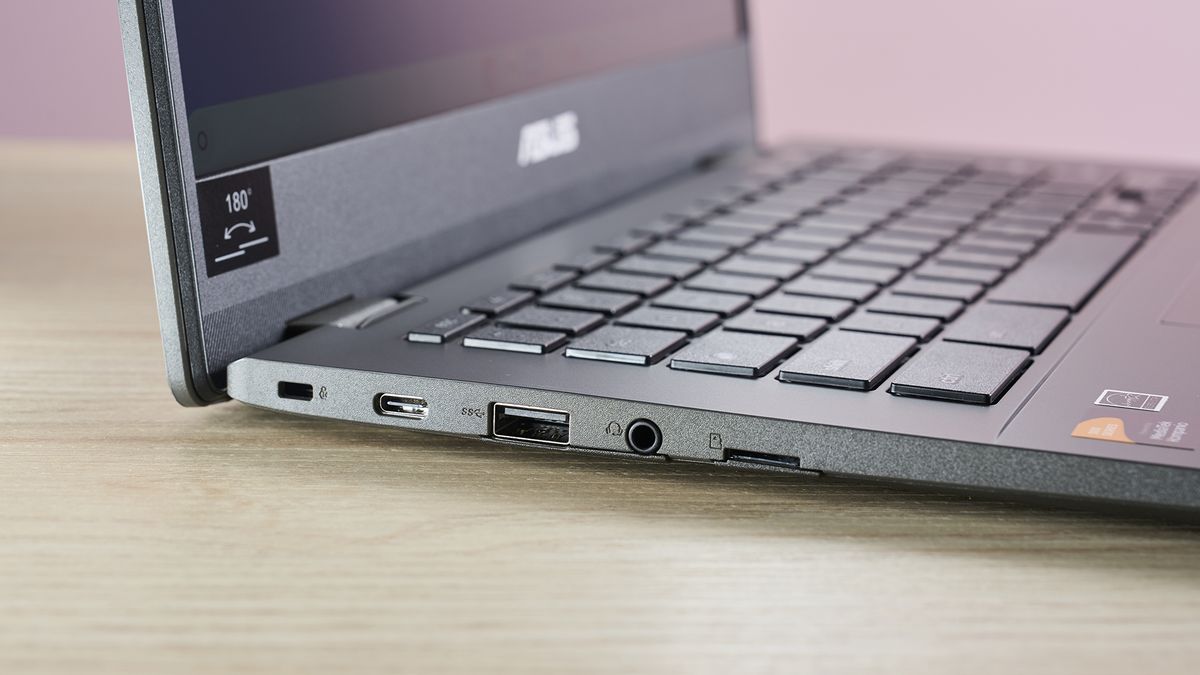Scientists reveal alarming reasons you should never re-use water bottles or plastic containers
Share:
Scientists have revealed disturbing reasons why consumers should never re-use store-bought water bottles and takeout containers. They found that adding more water to and heating up 'single-use' plastics causes them to shed nanoplastics and toxic chemicals that seep into your food and liquids.
![[To-go containers also are a risk because the heat causes them to release chemicals and nanoplastics into your food that can cause cancer and other health issues]](https://i.dailymail.co.uk/1s/2024/12/03/16/92717215-14149439-To_go_containers_also_are_a_risk_because_the_heat_causes_them_to-a-2_1733243734872.jpg)
These bottles and to-go containers are made from types of plastics designed to only be used once and disintegrate more easily than sturdier plastics such as those used in Tupperware items. Re-using the products also causes exposure to styrene, found in synthetic rubber and plastics, which can increase the risk of esophageal and pancreatic cancer.
Sherri Mason, a professor and director of sustainability at Penn State Behrend compared the effects to the way humans shed skin cells. 'We know at this point that our skin is constantly shedding,' she said. 'And this is what these plastic items are doing — they're just constantly shedding.'.
Plastic contains on average 16,000 chemicals — 4,200 of which are considered to be 'highly hazardous,' according to the Environmental Protection Agency (EPA). 'Normal humans looking at a sample of water — if there's visible plastic in it, they'll be turned off,' Mason said. 'But they don't realize that it's actually the invisible plastics present that are the biggest concern.'.
Plastic has an average of 16,000 chemicals and hundreds of thousands of nanoplastics that are released into your water every time you re-use a single-use water bottle. Nanoplastics are so small they can travel into a person's blood, liver and brain when they cross the gut, allowing them to pass through cell membranes and enter the blood stream.





